Organization Chart
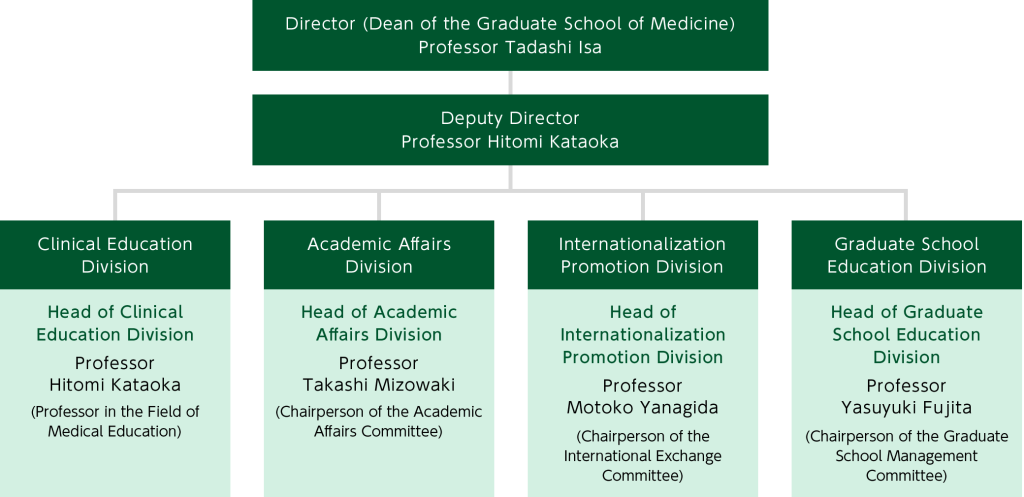

Staff
Clinical Education Division
Academic Affairs Division
- Junior Associate Professor Akira Yamamoto
- Junior Associate Professor Masayuki Yamada
- Junior Associate Professor Masashi Ikuno
- Researcher Akiko Tokinobu
Internationalization Promotion Division
- Professor DEAN, Thumkeo
- Associate Professor KIM, Minsoo
- Junior Associate Professor CANDEIAS, Marco Marques
- Assistant Professor LUO, Yan
- Assistant Professor RAUDZUS Fabian
- Assistant Professor SAHKER, Ethan Kyle
- Assistant Professor VEALE, Richard Edmund
- Assistant Professor WALINDA, Erik
Graduate School Education Division
- Assistant Professor Eriko Inuki
Clinical Education Division
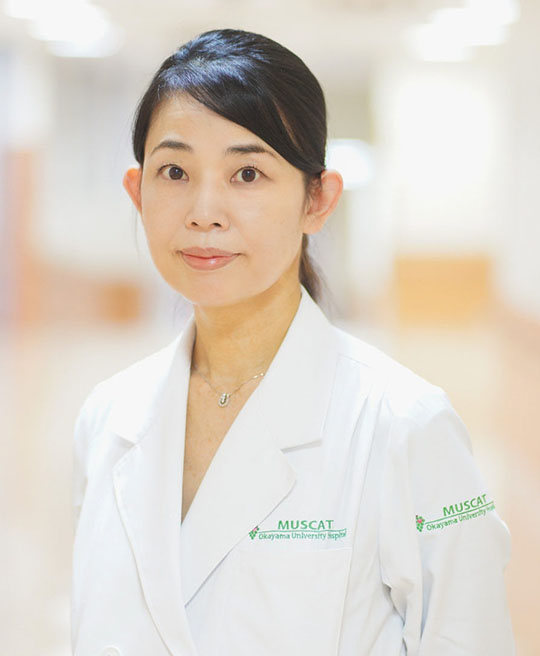
Professor
Hitomi Kataoka
After graduating from Okayama University, I specialized in diabetes as a clinician and researcher. Following graduate school, I engaged in clinical work in comprehensive medicine. Since the establishment of the Okayama University Medical Education Development Center in 2005, I have been involved in medical education. I studied at Thomas Jefferson University’s Department of Nephrology and Medical Education Research Center. Upon returning to Japan, I assumed roles at Okayama University, including being in charge of the Women in Medicine Career Support Project, Deputy Head of the Postgraduate Clinical Training Center, Professor in the Regional Healthcare Workforce Development Course, and Professor at the Diversity Promotion Center. From 2023, I have been in my current position. My research focuses on the empathy of medical students and physicians. I am committed to engaging with each student individually and working towards further developing their qualities.
For more information, please visit: https://researchmap.jp/researchmap1103
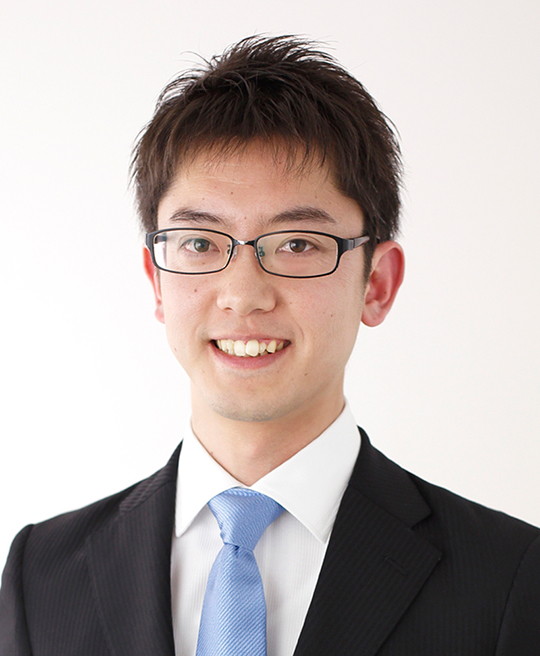
Assistant Professor
Fumitaka Tanemura
I have specialized in lifelong education and professional education, engaging in medical education from the perspective of education studies. My research focuses on topics such as learning and growth through experience and practice, as well as how physicians shape their lifelong careers and identities.
I aim to leverage the strengths and environment of Kyoto University to provide various opportunities for students.
Academic Affairs Division
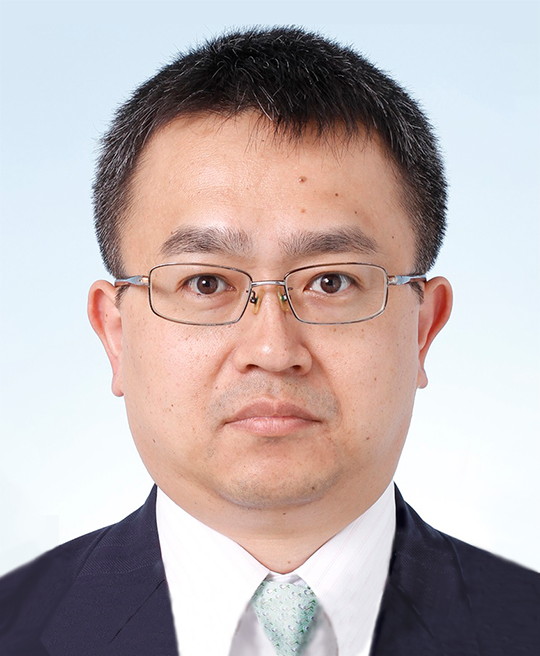
Junior Associate Professor
Akira Yamamoto
Since June 2019, I have been involved in educating undergraduate medical students at the Center for Medical Education and Internationalization Promotion. I am actively working on implementing medical education practices utilizing ICT (Information and Communication Technology) and am also engaged in the development of VR (Virtual Reality) materials and chatbots.
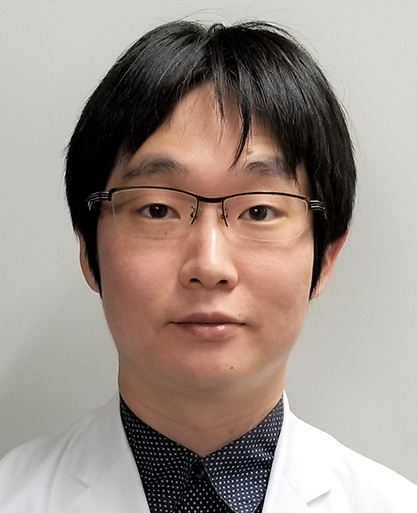
Junior Associate Professor
Masashi Ikuno
After graduating from Kyoto University, I completed my initial and advanced training at Rakuwakai Otowa Hospital. Subsequently, I joined the Department of Neurology at Kyoto University, where I conducted pathophysiological research on Parkinson’s disease. In August 2023, I transitioned to the Center for Medical Education and Internationalization.
While acknowledging my ongoing development, I am eager to support students in achieving fulfilling learning experiences.
For more information, please visit: https://researchmap.jp/mikuno
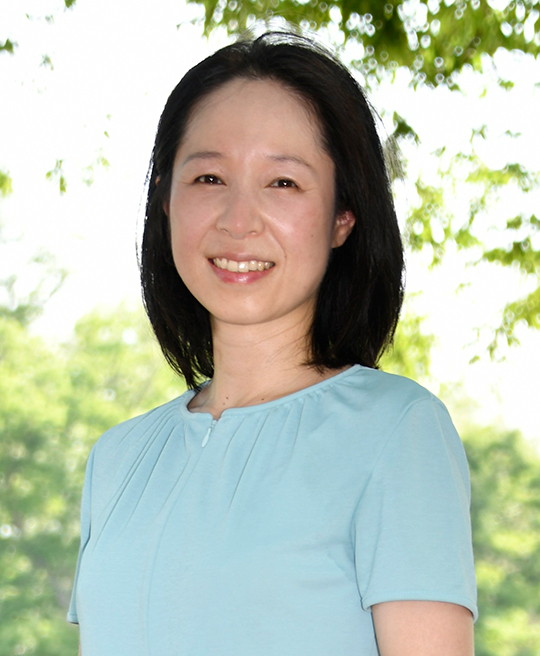
Researcher
Akiko Tokinobu
I have been engaged in the “KUSNoKi Project” to support medical professionals at the Center for Medical Education and Internationalization since October 2023.
I am also engaged in research on empathy among medical students and doctors.
For more information, please visit: https://researchmap.jp/tokinobu
Internationalization Promotion Division
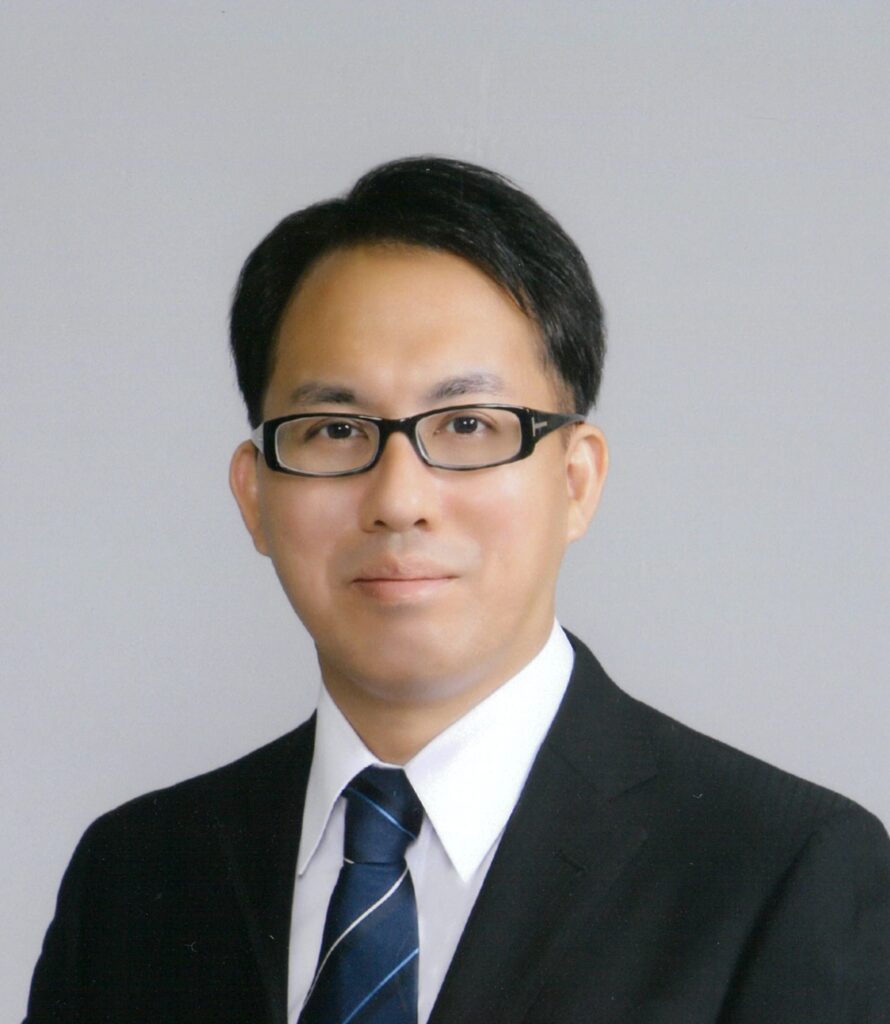
Professor
Dean Thumkeo
After spending my early years in the US and Thailand, I first arrived in Japan at the age of 18 in 1996. Since then, I have encountered various challenges, including issues of diversity, language barriers, and a lack of emphasis on internationalization at Japanese universities. Fortunately, I have managed to overcome these challenges, and I believe that these experiences have positively influenced my approach to addressing similar issues today.
Moreover, during my 28-years in Japan, I have observed significant transformations within Japanese universities, particularly the notable increase in both international students and faculties. However, despite these advancements, persistent challenges remain within academia. Therefore, my aim is to promote internationalization and diversity, raise educational standards to meet global standard, and foster international collaboration in research endeavors. Through these efforts, I aspire to elevate the global standing of our medical school.
For our group website: https://sites.google.com/kyoto-u.ac.jp/dean-lab/home
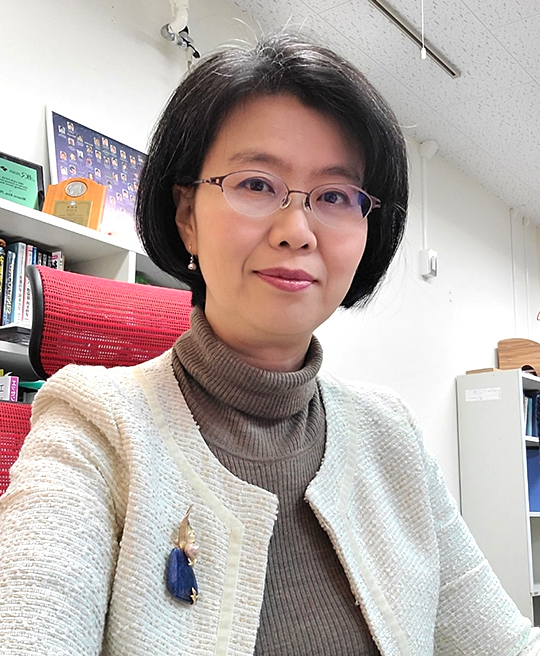
Associate Professor
Minsoo KIM, PhD
Originally from Korea, I received my Ph.D. from the Tokyo University, where I began my research on a small protein called “Ubiquitin”. Ubiquitin is covalently attached to the substrate protein, regulates various cellular processes, and contribute to disease development.
Our group focuses on the ubiquitin system, which is involved in cancer and infectious disease. We welcome to students who would like to study pathogen-host interaction and the development of new antibacterial drugs.
Please visit us : https://ubiquitinlink.jp/
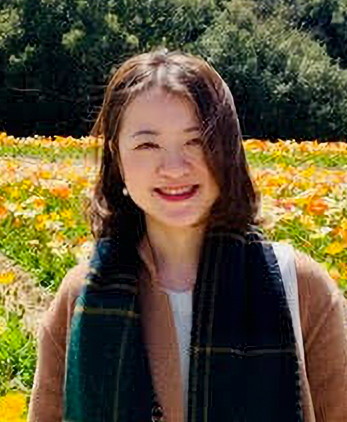
Assistant Professor
Yan Luo
I earned my MD from Tsinghua University Medical School/Peking Union Medical College in China and practiced as a rheumatologist for three years. After witnessing how evidence-based medicine had helped improve patient outcomes, I came to Japan and completed a PhD in epidemiology at Kyoto University. I joined the Center for Medical Education and Internationalization in April 2023. My primary research interests lie in clinical epidemiology and evidence synthesis. I enjoy applying new evidence synthesis methods to contribute to the generation of individual-level evidence. I engage in meta-epidemiological research with the aim of enhancing the methodology employed in clinical research. I am also interested in evidence visualization/dissemination and integrating patients’ values into decision-making processes. Beyond my research, I am eager to assist students in exploring paths leading to a fulfilling and joyful future.
Relevant homepage:
https://researchmap.jp/yanluo

Assistant Professor
Fabian RAUDZUS
How can we advance regenerative medicine for treating central nervous system disorders? This question fuels my research pursuits. The discovery of induced pluripotent stem cells (iPSCs) provided a breakthrough by offering an accessible cell source for cell replacement therapies. However, solely replacing lost cells due to injury or disease forms just one aspect of modern central nervous system (CNS) treatments.
The CNS environment presents specific challenges related to cell survival, axon growth, and synaptic connectivity, imposing limitations on the effectiveness of current cell replacement therapies. To unleash the full potential of these novel treatments, it’s essential to optimize both the transplanted cells and the host CNS environment.
My research focuses on two critical methods: modulating cellular signaling pathways and employing spatiotemporal control of axon growth using magnetic nanoparticles.
For further information, feel free to contact me by email: neuronalregeneration.ku@gmail.com
Website :
https://researchmap.jp/FabianRaudzus
https://www.cira.kyoto-u.ac.jp/e/research/takahashi_summary.html
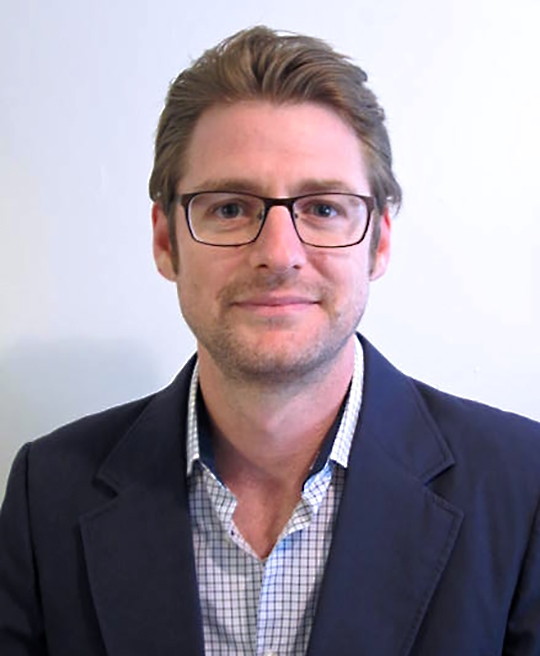
Assistant Professor
Ethan Sahker, PhD
I’m originally from Denver, Colorado, USA. I earned my PhD in counseling psychology from the University of Iowa, USA, completed my doctoral internship at the University of California San Diego/Veterans Affairs Hospital, and completed a JSPS postdoctoral research fellowship in the Kyoto University Graduate School of Medicine/School of Public Health.
My research investigates the addiction treatment pathway (access, success, and recovery). I conduct clinical epidemiology studies of addiction treatment to discover factors supporting successful treatment outcomes with consideration of health disparities and recovery capital. Currently, I am focused on improving access by advancing evidence-based brief intervention technologies in primary care.
I am currently accepting student research assistants in my lab, the Sahker Lab in the Population Health & Policy Research Unit.
Email:sahker.ethan.2e@kyoto-u.ac.jp
Website:sahkerlabhealth.org
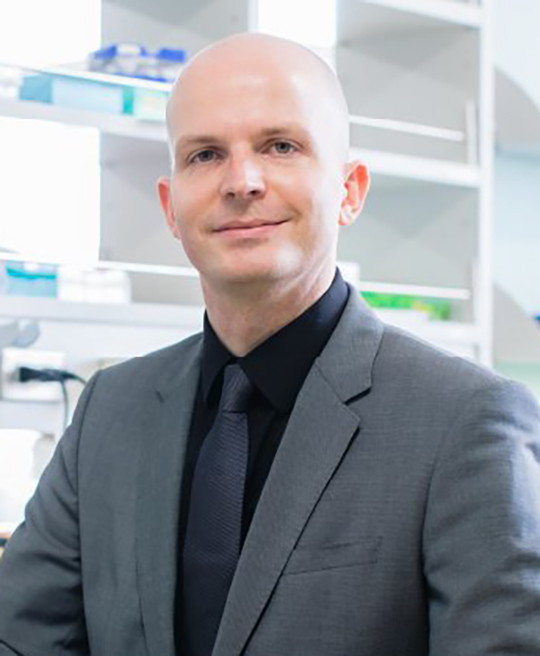
Assistant Professor
Erik Walinda
I am Erik from Germany. My research interests are:
Ubiquitin-Associated Processes: Investigating the role of polyubiquitin chains, ubiquitin-binding domains, and ubiquitylation in protein folding, stability, and aggregation.
Protein Dynamics: Studying the structural and dynamic changes of proteins in various environments, including crowded conditions and upon interactions with ligands or drugs.
NMR Spectroscopy Techniques: Developing and utilizing high-sensitivity NMR techniques like relaxation dispersion and Rheo-NMR spectroscopy to observe and analyze biomolecular motion, interactions, and conformational changes.
Epigenetics and DNA Modifications: Investigating the structural dynamics and functional implications of modified DNA, such as epigenetic alterations.
Iwai lab;京都大学大学院 医学研究科 細胞機能制御学 (mcp-kyoto-u.jp)
Personal page; Yura Yura(https://sway.office.com/3lwWeO71bLSPRmHG?ref=Link)
Clerical Staff
- Masako Tsuchihashi
- Kureha Kasahara
- Sayaka Nose
Honorary Professor
- Yasuhiko Konishi
Research Affiliate and Research Collaborator
- Research Affiliate
Junko Iida
(Kawasaki University of Medical Welfare, Comprehensive Education Center / Faculty of Health and Welfare, Professor (Anthropology)) - Research Affiliate
Makoto Kikukawa
(Kyushu University, Department of Medical Education, Associate Professor) - Research Affiliate
Shunsuke Kimura
(Machida Municipal Hospital, Department of Cardiovascular Medicine) - Research Collaborator
Itsuki Sano
(the Mie Prefectural Mental Care Center, Chief Psychiatrist) - Research Collaborator
Shogo Toyama
(Tenri Hospital, Respiratory Medicine)



